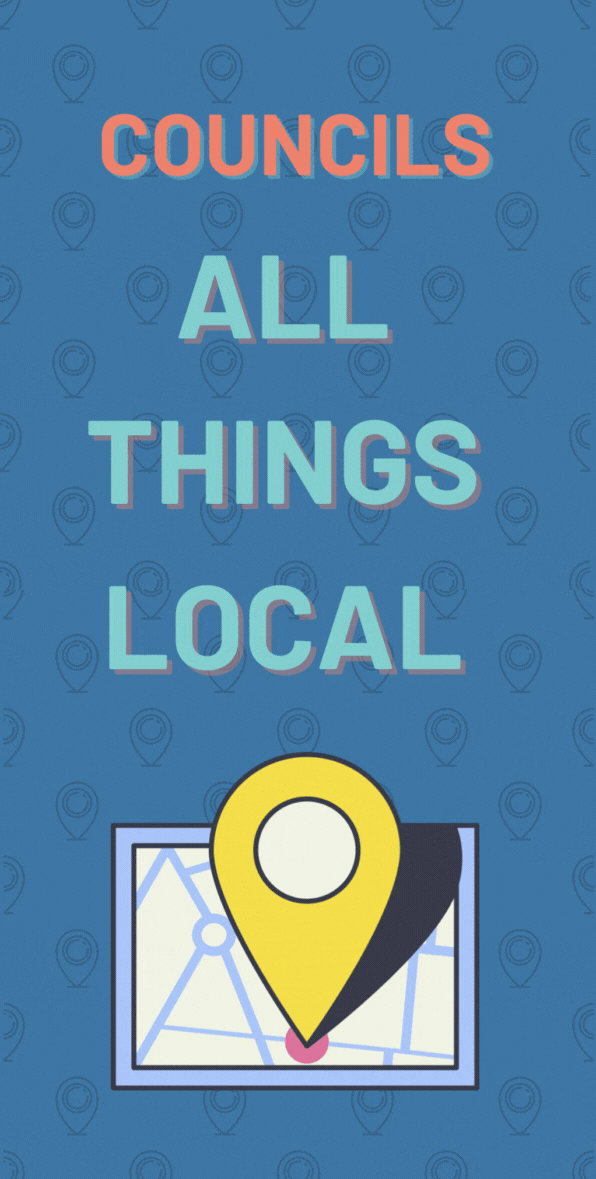Who is responsible?
Different levels of Government have different powers and policy areas within their remit.
Find out which level of government is responsible for making decisions about the issues you care about the most.
Councils
Local councils provide essential services in defined local areas. Councils are made up of local Councillors, who are elected by the public in local elections. Councillors work with local people and partners, such as local businesses and other organisations, to agree and deliver on local priorities. The decisions are implemented by permanent council staff, council officers, who deliver services on a daily basis.
Local roads & maintenance
Cycling infrastructure
Local nursery & school staff & buildings
Local business support & start up advice - council tax
Local tourism
Parks & green spaces
Local planning decisions
Recycling & waste collection
Neighbourhood renewal funding
Community centres & cultural venues - health & safety - libraries
Sport & leisure facilities
Building inspection
Car parking - management of conservation areas
Litter and street cleaning
Licensing
Scottish Parliament
Since 1999 the Scottish Parliament has the power to make laws on a wide range of issues. These are known as devolved matters. Devolved matters include:
Climate change
Environment
Some energy & energy investment powers
Agriculture, forestry and fisheries
Food & drink
Healthcare & NHS
Income Tax
Scottish economy - consumer advice
Infrastructure investment (e.g. motorways & trunk roads)
Public transport, ferries and Scottish airports
Industry & manufacturing
Tourism
Housing
Culture
Equalities & rights
Police and emergency services
Criminal law and the scottish legal systen
Social justice
Building standards
Homelessness
UK Parliament
The UK Parliament in Westminster makes decisions for the whole UK on certain issues.
Reserved social security benefits (jobseekers)
International development (UK agencies)
Renewable energy subsidie
Brexit
Most taxes
International trade
Employment law
Defence
Media & broadcasting
Foreign policy
immigration
Constitutional issues
International Bodies
The United Nations is an international organisation founded in 1945 and committed to
Maintaining international peace and security
Developing friendly relations among nations
Promoting social progress, better living standards and human rights
The UN’s powers include
Establishing peacekeeping operations
Enacting international sanctions and
Authorising military action




